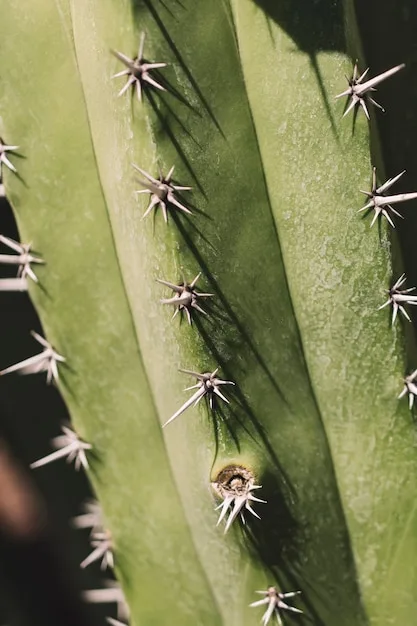
Every year, as it starts to warm up, I make a few homemade products for the summer, like my own sunscreen and these natural bug repellents. I don’t use sunscreen much because it can limit vitamin D production. Instead, I focus on what I eat for sun protection. However, I use this homemade bug spray almost every day because, where I live, we joke that mosquitoes are the size of birds. They seem to come in swarms! Keeping these bugs away, especially from kids who can’t resist scratching, is super important.
It’s not just the itchy bites that are a concern. Some mosquitoes can spread diseases like Zika and West Nile virus. Plus, fleas and ticks can carry illnesses like Lyme disease and Bartonella. According to the CDC, only about 6% of mosquito species can transmit diseases, but it’s hard to tell which ones while you’re just trying to spend an evening outdoors.
I’m not a big fan of most store-bought natural bug repellents. Even if they claim to be all-natural and plant-based, they often contain soybean oil and other mystery ingredients. For instance, a popular brand touts its lemon eucalyptus oil but doesn’t disclose the majority of its other components. While I am keen on avoiding bug bites, I steer clear of harsh chemicals like DEET, which is commonly found in commercial repellents and has mixed reviews on its safety.
The EPA has twice concluded that DEET doesn’t pose health concerns for most people, including children, yet I’m wary because of the numerous warnings attached to its use. There was a study where rats given a typical human dose of DEET fared worse in physical tasks. DEET also caused some nervous system issues, which is worrisome, especially for young kids with more absorbent skin. Notably, the EPA hasn’t yet assessed DEET for hormone disruption effects.
Another option often used is picaridin, a synthetic compound that can pollute water and affect wildlife. This raises questions about its impact on our health. Instead of these options, I prefer to make my own bug spray at home. It’s inexpensive, quick to prepare, and I can choose the ingredients. Often, I make it with essential oils for effective natural protection, although I apply it on clothing rather than directly on the skin.
If you’re not up for making your own, there are great pre-made natural options available now. I sometimes use pre-blended kid-safe essential oils to save time. It’s wise to do a patch test before applying any new product on your skin. I use my spray on kids’ clothes before they head outside and keep some handy in our camping or hiking first aid kits. Homemade anti-itch cream also helps if someone does get bitten.
You don’t necessarily need essential oils to make a natural bug spray. Dried herbs with witch hazel or vinegar work too, though it’s not as strong. You can also make an alcohol tincture with these herbs for a longer-lasting spray by mixing it with water for use. This homemade spray might smell strong at first but the scent fades as it dries, and it works really well for areas with ticks.
The recipe is said to have been used by thieves during the Black Plague for protection against sickness — whether that’s true or not, it makes a great bug blocker! Plus, it’s cheap and you likely have the ingredients on hand. Keep in mind, this mix is pretty strong and can even serve as a tincture for some ailments.
What do you do to keep bugs away? Do you think the bugs themselves or the chemicals in most repellents are worse?

